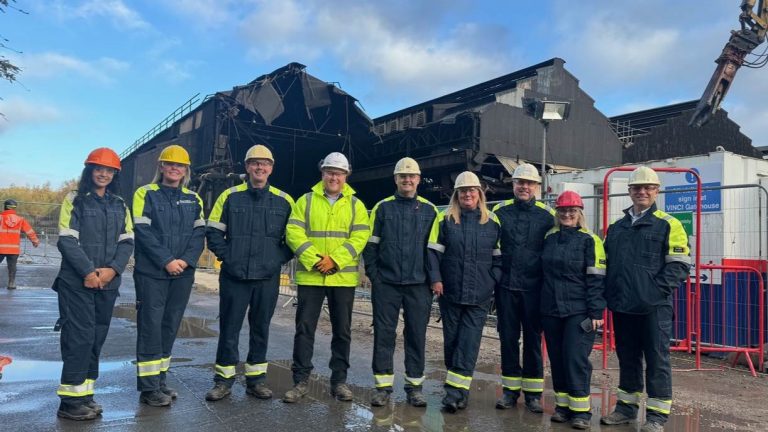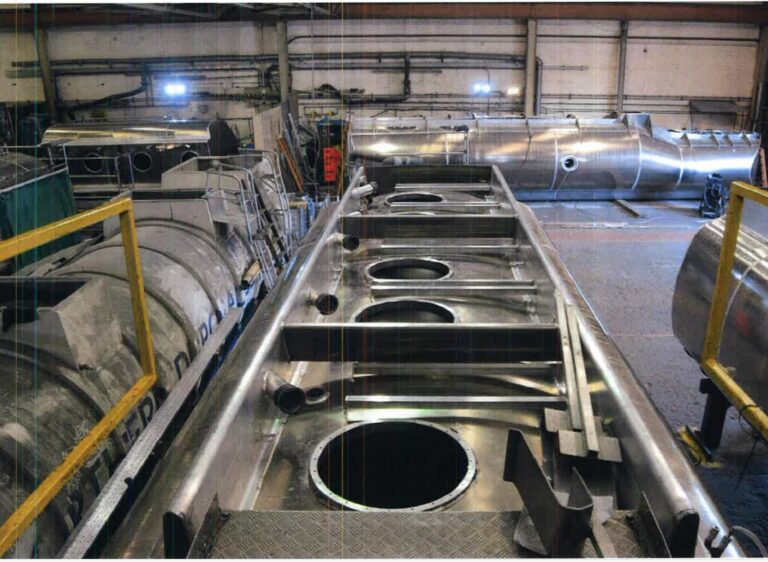Siemens Mobility names Director of Asset Management
Plans confirmed for Dewsbury Arcade to become first community-run shopping centre in UK
Government launches grant scheme to support UK’s smaller abattoirs
“This £4 million fund will not only help smaller abattoir and mobile business owners to innovate, invest and improve standards, but it will give farmers, particularly those who produce native and rare breeds, more stability in getting their products to market.”
Second phase of demolition prepares ground for nuclear manufacturing at Sheffield steel plant
Streets Chartered Accountants covers crypto tax reporting, the full expensing tax break, and more in new news roundup
Streets Chartered Accountants covers crypto tax reporting, the full expensing tax break, the importance of recognising colleagues during the festive season, and more in its latest monthly news roundup.
It is all change for cryptocurrency tax reporting, but help is on handOn the 29th of November His Majesty’s Revenue and Customs, HMRC, launched a new campaign to pursue unpaid tax from crypto investors. The campaign seeks to encourage individuals to come forward and disclose any unpaid tax on crypto assets including exchange tokens, NFTs and utility tokens. In part, the approach highlights their concern that many crypto assets owners are seemingly unaware of the responsibility and requirement to disclose and report taxable gains.
Staff are not just for ChristmasIn the run up to Christmas many business directors, owners and managers will hopefully have or be looking at potentially sharing in the festive spirit through making gifts to their staff and/or even having a Christmas party. A bit like family and friends gifting, the nature or choice of a gift will mostly likely be based on what might have been given in the past, even the same gift each year along with affordability of the same. To a great extent when it comes to businesses the decision as to what they give their staff may in part be pre-determined by the tax treatment of any gifts.
Read MoreMaking more than an entrance, with Stuart Burlton
This episode of The Streets Sessions features Stuart Burlton, MD of Make An Entrance, the UK’s largest manufacturer and retailer of coir matting and direct sales logo matting. Find out how this inspirational family business has changed from a sales and marketing operation to that of a leading manufacturer with plans for international reach. The episode also takes time out to learn more about Stuart’s role with the Federation of Small Businesses as a member of its scrutiny body as well as his passion for supporting the Federation.
Transformation at Leeds City Station reaches next milestone
- New Station Street pedestrianised, including the section which meets Boar Lane, with outdoor seating, rest areas, and landscaping.
- The taxi rank located to Bishopgate Street with a large and well-lit shelter and room for six vehicles, allowing for kerb-side boarding to help people with wheelchairs or assistance dogs to board more easily.
- Two 21-passenger lifts from Bishopgate Street to the station entrance on New Station Street, providing step-free access between the two streets.
- A high-quality cycle hub with electric charging points and storage for all types of cycles.
- Environmental improvements to Neville Street and Dark Neville Street including enhanced lighting and road surfaces. Works on the east side of Neville Street have been completed, with works on the west side of Neville Street and Dark Neville Street currently on-site. Once completed, these will offer safer routes for pedestrians and cyclists.
- Installing high quality cycle infrastructure on Bishopgate Street and Neville Street.












